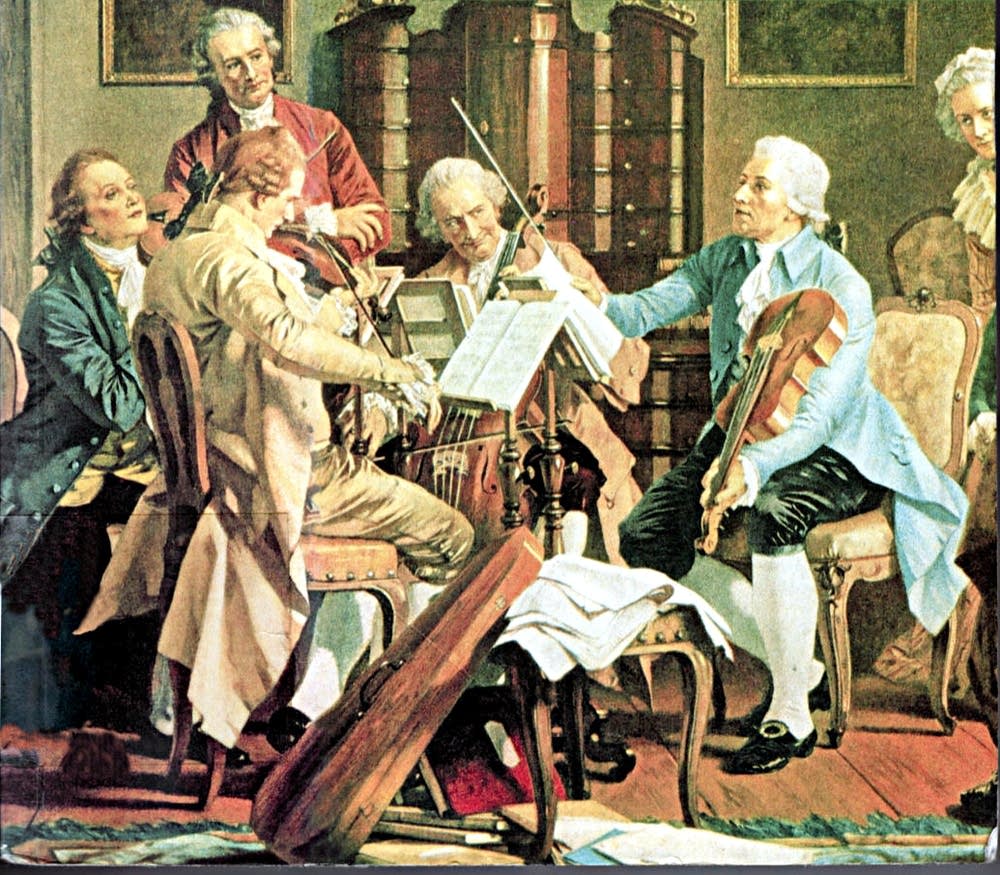The study of criminology has been shaped by various theories over the years, each attempting to explain the causes and consequences of crime. One of the earliest and most influential theories is Classical Criminology, which emerged in the 18th century. This theory posits that crime is a result of rational choice, where individuals weigh the potential benefits and costs of committing a crime. In this article, we will delve into the principles of Classical Criminology, its key proponents, and the implications of this theory on our understanding of crime and punishment.
Foundations of Classical Criminology

Classical Criminology is rooted in the Enlightenment ideas of the 18th century, which emphasized reason, individualism, and the social contract. The theory is based on the assumption that humans are rational beings, capable of making choices based on their own self-interest. According to this perspective, crime is a result of a deliberate decision to commit an act that is deemed illegal by society. The primary goal of Classical Criminology is to understand why individuals choose to engage in criminal behavior and to develop strategies for preventing and punishing crime.
Key Proponents: Cesare Beccaria and Jeremy Bentham
Two of the most influential thinkers associated with Classical Criminology are Cesare Beccaria and Jeremy Bentham. Beccaria’s book, “On Crimes and Punishments,” published in 1764, is considered a foundational text of the theory. In it, Beccaria argues that punishment should be based on the principle of utility, where the goal is to maximize overall happiness and minimize harm. Bentham, on the other hand, developed the concept of utilitarianism, which posits that actions are right if they promote the greatest happiness for the greatest number of people. Both Beccaria and Bentham believed that crime could be prevented through the use of rational punishment and the creation of a fair and efficient justice system.
| Key Principles | Description |
|---|---|
| Rational Choice | Individuals make decisions based on their own self-interest |
| Utility | Punishment should aim to maximize overall happiness and minimize harm |
| Free Will | Individuals have the capacity to make choices and are responsible for their actions |
| Deterrence | Punishment can prevent future crimes by deterring potential offenders |

Criticisms and Limitations

While Classical Criminology has had a significant impact on our understanding of crime and punishment, it has also faced criticisms and challenges. One of the primary limitations of the theory is its assumption that individuals always act rationally. In reality, human behavior is often influenced by a range of factors, including emotions, social norms, and environmental circumstances. Additionally, the theory has been criticized for its focus on punishment as a means of deterrence, rather than addressing the underlying causes of crime.
Modern Applications and Implications
Despite its limitations, Classical Criminology continues to influence contemporary approaches to crime prevention and punishment. The theory’s emphasis on rational choice and deterrence has shaped policies such as “three strikes” laws and mandatory minimum sentencing. However, there is also a growing recognition of the need to address the root causes of crime, such as poverty, inequality, and social exclusion. By combining the insights of Classical Criminology with more nuanced understandings of human behavior and social context, policymakers and practitioners can develop more effective and sustainable strategies for reducing crime and promoting community safety.
Key Points
- Classical Criminology posits that crime is a result of rational choice, where individuals weigh the potential benefits and costs of committing a crime
- The theory is based on the assumption that humans are rational beings, capable of making choices based on their own self-interest
- Key proponents of the theory include Cesare Beccaria and Jeremy Bentham, who emphasized the importance of utility and deterrence in preventing crime
- The theory has been influential in shaping crime prevention strategies and punishment policies, but has also faced criticisms and limitations
- Modern applications of the theory recognize the need to address the root causes of crime, such as poverty, inequality, and social exclusion
In conclusion, Classical Criminology remains an important theory in the study of crime and punishment. While it has its limitations, the theory's emphasis on rational choice and deterrence continues to shape contemporary approaches to crime prevention and punishment. By understanding the principles and implications of Classical Criminology, policymakers and practitioners can develop more effective and sustainable strategies for reducing crime and promoting community safety.
What is the primary assumption of Classical Criminology?
+The primary assumption of Classical Criminology is that individuals make decisions based on their own self-interest and weigh the potential benefits and costs of committing a crime.
Who are the key proponents of Classical Criminology?
+The key proponents of Classical Criminology include Cesare Beccaria and Jeremy Bentham, who emphasized the importance of utility and deterrence in preventing crime.
What are the limitations of Classical Criminology?
+The limitations of Classical Criminology include its assumption that individuals always act rationally, and its focus on punishment as a means of deterrence, rather than addressing the underlying causes of crime.
